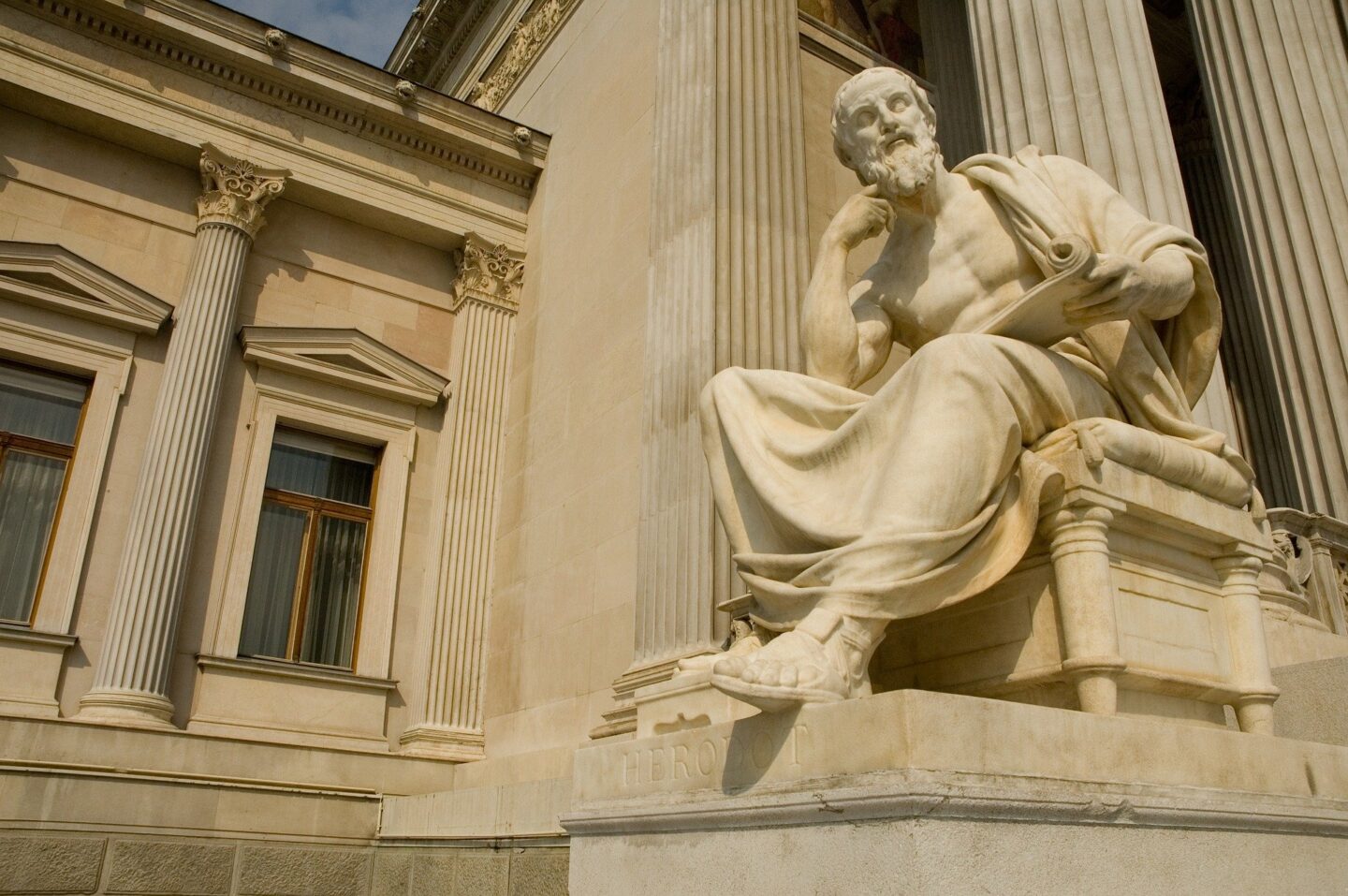
The word philosophy originates from Phylos (To Love) and Sophia (Wisdom) – The Love of Wisdom.
To me, philosophy is a non-linear investigation into Self and Existence. I find nothing more fulfilling than studying the writings of great minds. Never before have we had access to these at the click of a button. Ignorance then; is now a choice.
To run from philosophy is to run from your own nature.
“The unexamined life is not worth living” – Socrates.
My Top 5 Philosophy Books
Meditations – Marcus Aurelius
Probably the wisest Roman emperor to have lived. Not only an emperor but an incredible philosopher.
Although Marcus Aurelius wrote these reflections down for himself throughout his life; arguably, one of the most influential philosophical books ever.
‘Meditations’ was written to provide consultation to himself as he battled to understand himself and God.
This work can be a lifetime study.
A History of Western Philosophy – Bertrand Russell
Bertrand Russell is one of the greatest philosophers of the 20th century. In the 76 chapters of this book, he does an overview of philosophies from Ancient Greek through to the mid-1900s.
It comprehensively discusses philosophers such as Pythagoras, Plotinus, Thomas, Aquinas and Hegel, to name a very few from an extensive list.
The book is divided into three parts: Ancient Philosophy, Catholic Philosophy and Modern Philosophy. I disagree with some of Russell’s ideas, but that isn’t the point. His knowledge is astounding.
This is not a book that requires either an extensive knowledge of philosophy or history to be understood. Russell is a remarkably clear writer which is to be revered for such an abstract thinker.
Beyond Good and Evil – Friedrich Nietzsche
This is a demanding read but worth the effort. Nietzsche was the chair of classical philology as Basel University at 24 years old. Beyond Good and Evil cemented his place as the pinnacle of European philosophers at the time.
The book is the rejection of the Christian dogma of good and evil and explains why the Christian world has a slave/master mentality. He turns this into his philosophical discourse, asking the individual to bring their power into the world fearlessly.
The writing style itself is difficult; he seems to write as he spoke. The mental expansion you will get from studying the work is remarkable. Christians beware.
Atlas Shrugged – Ayn Rand
I consider Ayn Rand as one of my mentors. I quote her often, particularly as I would probably fit inside the ‘libertarian’ box politically. Atlas Shrugged is what Ayn Rand considered her Magnum Opus.
It is a fictional story of a man who said he would halt the world and its standard systems. As the reader, it makes you question your intentions and ethics. Was the man a liberator of freedom or devilish in his actions?
Atlas Shrugged is an incredible piece of work and one I recommend to everyone coming out of University, often conditioned in their far-left wing institutions.
The Life Divine – Sri Aurobindo
When I visited India, I spent time at Auroville, a township created by Sri Aurobindo to get a feel for the work he did during his life.
In the 1100 pages of the book, Sri Aurobindo affirms different planes of consciousness and consequently various grades of reality. The highly evolved further plane is what he calls a Supermind. Man must ascend himself from Mind to Supermind and achieve the status of Gnostic Being, or live The Divine Life. For this ascent, he has to go through a psychic, spiritual, and supramental transformation.
This is a text that I felt privileged to be able to read. In my opinion, Sri Aurobindo will be highly revered in the centuries to come.